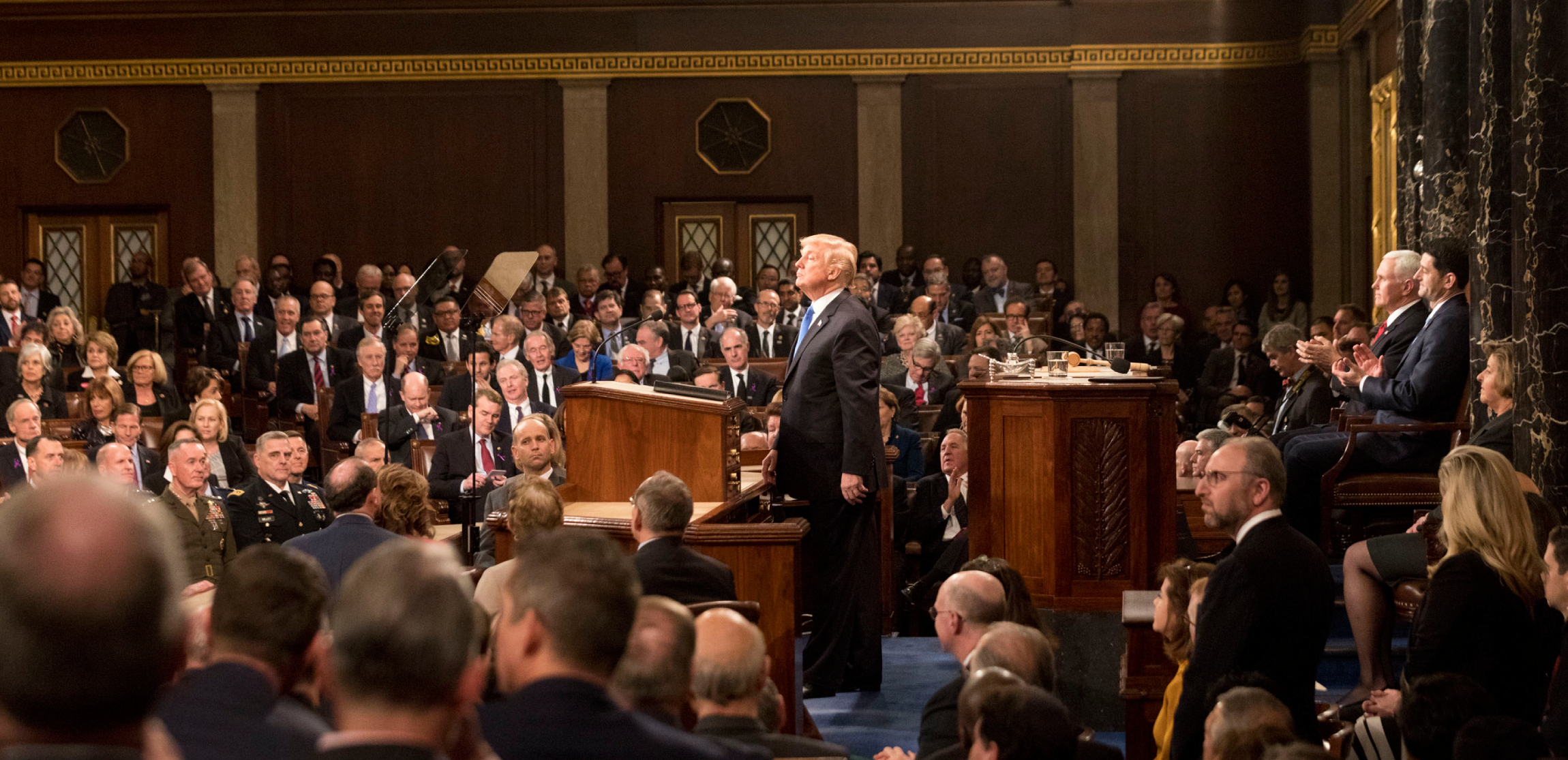It is expected that Donald Trump’s second term as US president, like the first, will raise significant additional concerns and challenges for already compromised nuclear weapon policies aiming to foster restraint, arms control, nonproliferation and disarmament. Trump’s first term included US withdrawal from the 1987 Intermediate-Range Nuclear Forces treaty, the 1992 Open Skies Treaty, and the 2015 Joint Comprehensive Plan of Action (the Iran nuclear deal), as well as refusal to extend the 2010 New START agreement (which will expire in February 2026). During this administration, the US continued to add to and modernize its nuclear weapon capabilities with developments such as a new nuclear-armed sea-launched cruise, and a low-yield (5 kt) version of the W76-2 nuclear warhead that was deployed in 2020, embracing the goal to detect and destroy any missile launched against the United States anywhere, any time, any place. That same year, discussions of resuming nuclear weapon testing also took place among senior US government officials. This special SGS seminar will begin with invited commentary surveying the landscape of dread regarding the prospects for nuclear weapon issues under the second Trump Administration and move to a discussion.
Speakers:
- George Perkovich is vice president for studies at the Carnegie Endowment for International Peace and oversees the Technology and International Affairs Program and Nuclear Policy Program.
- Frank von Hippel is senior research physicist and professor of public and international affairs emeritus and co-founder of Princeton’s Program on Science & Global Security.
- Pavel Podvig is a researcher with Princeton’s Program on Science & Global Security and with the UN Institute for Disarmament Research, and runs the Russian Nuclear Forces project.
- Hossein Mousavian is Middle East security and nuclear policy researcher at Princeton’s Program on Science and Global Security.
- Rebecca Johnson is vice president of the UK Campaign for Nuclear Disarmament and runs the Acronym Institute for Disarmament Diplomacy.
- Zia Mian is co-director of Princeton’s Program on Science & Global Security.
